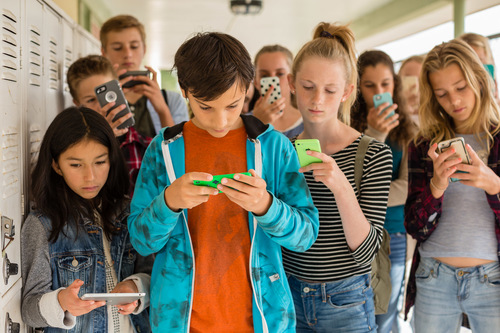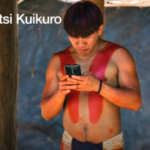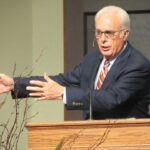Blog Post
Porn has become normal sex education for an entire generation
Yet more evidence—in case you needed any—that porn is poisoning childhood has come out, this time in a report released in New Zealand. From the New Zealand Herald:
Porn is so accessible and normalised for young people that some view it as “inevitable” and “a big part of our generation”, a new report shows. The Classification Office has released the third report in a three-part youth-focused research programme on porn and what it means for New Zealand youth…The new research shows where the issues are for young people and aims to understand why young people view porn, why it matters, and why the approach to it should be rethought.
The overwhelming response was that the teenagers surveyed were concerned at how easy porn was to find, and what messages it sent about sex and consent.
“I wish I hadn’t had to see that at that age,” said one girl. Of the 52 young people (14-17) surveyed, many said they first saw porn accidentally, several said they were shown it by someone else, and a small number said an adult showed it to them for the first time. One young person said porn could be “weaponised” by an adult as a form of sexual abuse.
“Most of our interviewees felt that children should not see porn. Furthermore, it was quite common for young people to think they saw porn too young, and would have preferred to have been older when they first saw it,” chief censor David Shanks said in the report. But access to porn was highly normalised among youth, with one boy saying it was “inevitable” that people would see it.
Another girl said it was “a big part of our generation at the moment”. Many also said they looked at porn to learn about sex and sexuality – particularly youth whose parents did not want to talk about it, or whose schools did not “do sex education well”. But they also recognised it was not an effective learning tool. “I certainly think it can ruin the first encounters with intimacy, especially if it was two people who had been watching porn and it was all they knew,” one boy said.
Porn is everywhere. It is also transforming how people view sexuality. Although many parents don’t want to talk about porn with their kids, they can be assured that porn is, in all likelihood, present in their homes. More:
“Most of our participants thought young people need to know that real-life sex is not like porn. They think adults should talk about how porn is staged, how most people’s bodies don’t look like porn stars’ bodies, and how consent and safe sex measures would likely be something that goes on behind the scenes, rather than on camera.”
Shanks said the research showed there was a need for open discussion within families, places of worship, and schools.
Key findings
- Young people are growing up with porn – often seeing it for the first time as children. It’s highly accessible and to a large extent normalised for young people.
- Porn is normalised for young people, whether they watch it or not.
- Young people are curious about sex and porn is a default learning tool.
- Girls watch porn too, for similar reasons as boys, but see a double standard.
- Porn can have a negative impact on body image/confidence.
- Young people think porn can negatively influence sex.
- Young people and adults are not talking about porn.
- Young people want comprehensive sexuality education which includes information about porn.
- Young people had varying views about filters or age verification, but agreed children shouldn’t have access to porn.
For those who want to porn-proof their home and learn how to talk to their children about this issue, check out this helpful interview:








